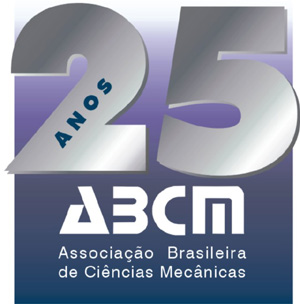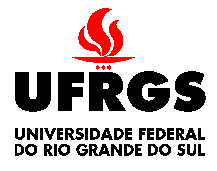ENCIT 2000
ENCIT - Brazilian Congress of Thermal Engineering and Sciences is an international conference held in even years by the Brazilian Society of Mechanical Sciences and is in its eight edition. The main objective of the conference is to bring together professionals from industry, universities, and research laboratories to present and discuss, through technical presentations, keynote lectures, exposition and informal conversation, the latest research results, and to review the state of the art related to applied and fundamental aspects of Thermal Sciences and Thermal Engineering and related areas.
The Mechanical Engineering Faculty of the School of Engineering of the Federal University of Rio Grande do Sul had the privilege to organize the ENCIT 2000 in Porto Alegre, October 3-6, 2000. All the congress activities were held at the FIERGS Convention Center. The event was sponsored by the National Council for Scientific and Technological Development - CNPq, by the Brazilian Oil Agency - ANP, by CAPES, and by the Rio Grande do Sul State Foundation for Research Support - FAPERGS.
The Organizing Committee divided the event in 36 technical sessions, each one in a specific research area in thermal sciences. We invited 72 professionals from research institutions all over Brazil, based on their research activity in a specific research area, to coordinate the effort to review the papers submitted. Each Session Chair received about 10 papers and sent two copies of each for review. The decision about acceptance of manuscripts was made solely by the Session Chairs, based on the reviews they received.
We have to acknowledge the work performed by the Session Chairs and their reviewers. We received 675 abstracts, and 374 full manuscripts were submitted for review. From the manuscripts sent for review, 340 were accepted for presentation and 334 were sent in final form for publication at the proceedings.
As it is usual for ENCIT, the presentation of the manuscript was stand up. The event included keynote lectures in different research areas and short courses. The keynote speakers were invited by the Organizing Committee with the purpose to address research topics of interest today.
To select the short courses offered, we solicited proposals from the Brazilian community of thermal sciences. We received 12 proposals in different topics, from which, due to time and space restrictions, 5 short courses were selected. We believe this selection procedure was very successful.
Almost all the communications for the congress were done through electronic mail, in order to reduce costs and avoid delays in the process. Papers were sent to the Session Chairs through traditional mail, to avoid problems in the network when sending large files. We believe the review process will be completely electronic in the near future. Only the first announcement was printed and sent by traditional mail.
At last, we wish the ENCIT 2000 will be remembered as a get together of our thermal science community. New theories, models, simulations, experimental techniques, etc., were discussed during the four days of the event and new collaborations and friendships were fostered. We believe that the outcome of these interactions will have an impact on the work of the professionals present at the event.
Porto Alegre, October 2000
Organizing and Editorial Committee of ENCIT 2000
Brazilian Society of Mechanical Sciences
Av. Rio Branco, 124 18º Andar
20040-001
Rio de Janeiro, RJ, Brazil
Tel.: +55 21 221-0438 Fax: +55 21
509-7128
E-mail: abcm@domain.com.br
http://io.rdc.puc-rio.br/abcm/





